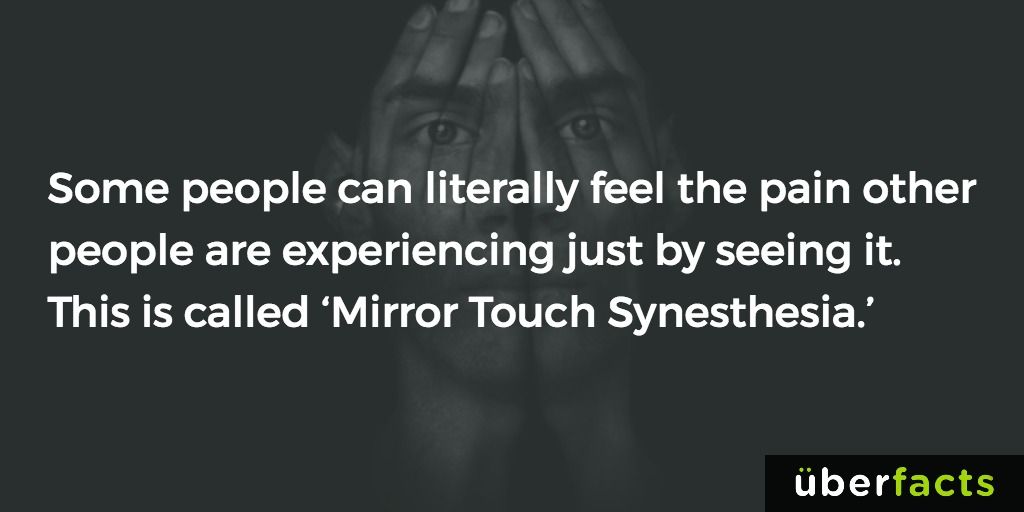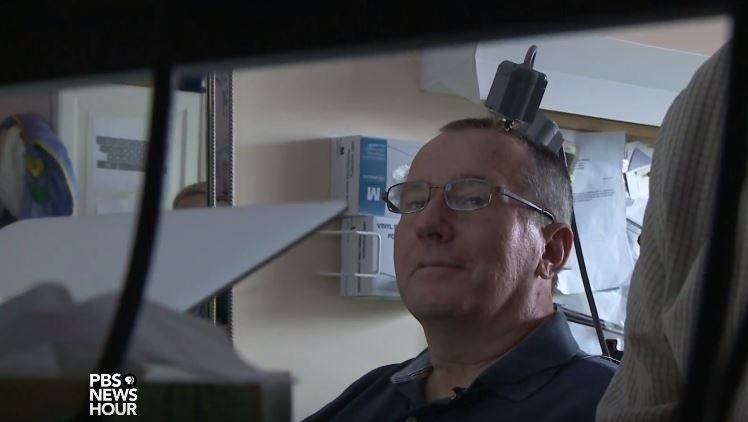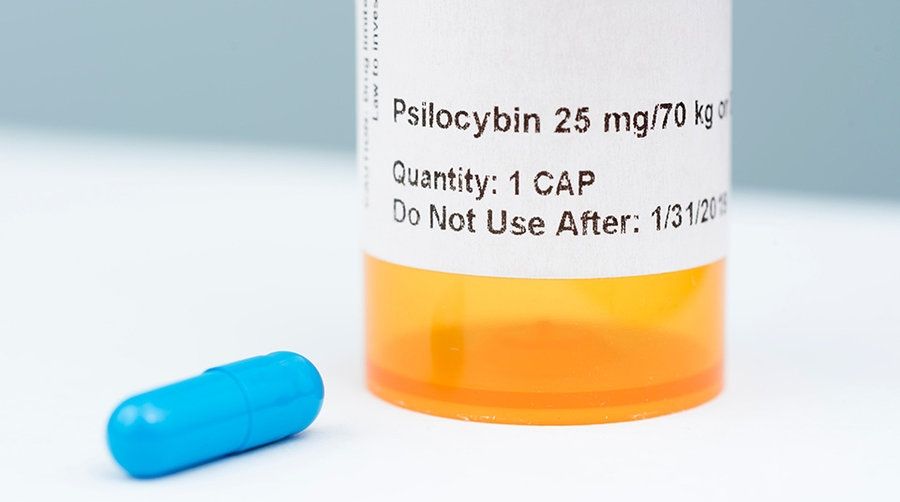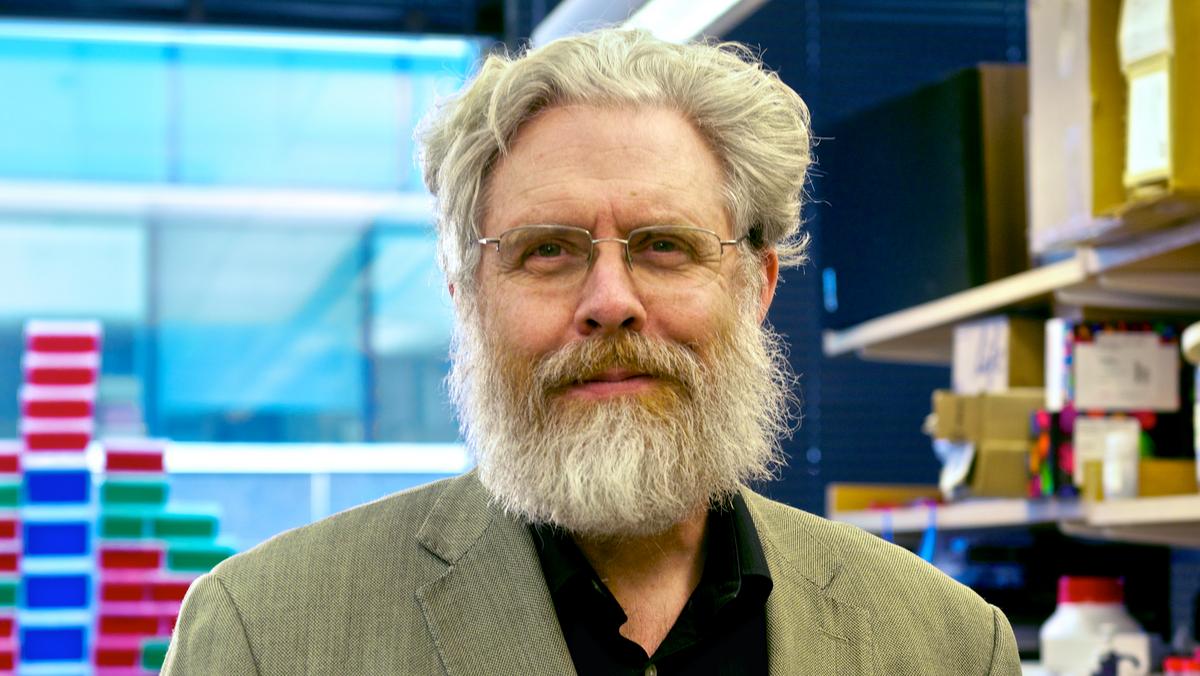Archive for the ‘neuroscience’ category: Page 884
Mar 19, 2017
Typing sentences by simply thinking is possible with new technology
Posted by Shailesh Prasad in categories: biotech/medical, computing, neuroscience
JUDY WOODRUFF: For decades, researchers have worked to create a better and more direct connection between a human brain and a computer to improve the lives of people who are paralyzed or have severe limb weakness from diseases like ALS.
Those advances have been notable, but now the work is yielding groundbreaking results.
Special correspondent Cat Wise has the story.
Continue reading “Typing sentences by simply thinking is possible with new technology” »
Mar 19, 2017
Studies: One Dose of “Psilocybin” from Magic Mushrooms Relieves Depression and Anxiety in 80% of Cancer Patients
Posted by Shailesh Prasad in categories: biotech/medical, neuroscience
New studies from NYU and John Hopkins University show the effectiveness of psilocybin in treating depression and anxiety of cancer patients.
Mar 19, 2017
Flow Brainwaves Spike Between Daydreaming and Dreaming Dreaming
Posted by Shailesh Prasad in category: neuroscience
When you’re in a daydream, or “alpha,” state, your brainwaves are oscillating at a rate of 8 to 12 Hz.
Steven Kotler explains what happens in your brain at aha moments.
Mar 16, 2017
Silicon Valley’s race to develop a brain-computer interface
Posted by Klaus Baldauf in categories: computing, neuroscience
Mar 15, 2017
George Church, Lumosity want those with good memory to ‘share it, not hoard it’
Posted by Steve Hill in categories: bioengineering, biotech/medical, genetics, neuroscience
George Church is very interested in your memories now.
Harvard researcher George Church is looking for people with exceptionally good memory to take part in a study aimed at finding genetic mechanisms that boost memory in research that could one day result in better drugs or diagnostic tests.
Church and other researchers at Harvard’s Wyss Institute for Biologically Inspired Engineering and Harvard Medical School’s Personal Genome Project, in collaboration with Lumos Labs — the makers of the brain-training game Lumosity — will look for common genetic markers in individuals with exceptional memories, attention and reaction speeds.
Continue reading “George Church, Lumosity want those with good memory to ‘share it, not hoard it’” »
Mar 15, 2017
A major neuroprotective component in coffee
Posted by Steve Hill in categories: biotech/medical, life extension, neuroscience
Coffee turns up some interesting properties and it isnt the caffeine in that is the star of the show.
Could coffee be a geroprotector?

Continue reading “A major neuroprotective component in coffee” »
Mar 15, 2017
New nano-implant could one day help restore sight
Posted by Klaus Baldauf in categories: biotech/medical, cyborgs, law, nanotechnology, neuroscience
A team of engineers at the University of California San Diego and La Jolla-based startup Nanovision Biosciences Inc. have developed the nanotechnology and wireless electronics for a new type of retinal prosthesis that brings research a step closer to restoring the ability of neurons in the retina to respond to light. The researchers demonstrated this response to light in a rat retina interfacing with a prototype of the device in vitro.
They detail their work in a recent issue of the Journal of Neural Engineering. The technology could help tens of millions of people worldwide suffering from neurodegenerative diseases that affect eyesight, including macular degeneration, retinitis pigmentosa and loss of vision due to diabetes.
Despite tremendous advances in the development of retinal prostheses over the past two decades, the performance of devices currently on the market to help the blind regain functional vision is still severely limited—well under the acuity threshold of 20/200 that defines legal blindness.
Mar 14, 2017
Neurohacking: What is NEUROHACKING?
Posted by Shailesh Prasad in category: neuroscience

“If the doors of perception were cleansed everything would appear to man as it is, Infinite.” –William Blake Cc Neurohacker Collective.
Mar 14, 2017
Your brain is unique – here’s how it could be used as the ultimate security password
Posted by Carse Peel in categories: finance, internet, mobile phones, neuroscience, privacy, security
Biometrics – technology that can recognise individuals based on physical and behavioural traits such as their faces, voices or fingerprints – are becoming increasingly important to combat financial fraud and security threats. This is because traditional approaches, such as those based on PIN numbers or passwords, are proving too easily compromised. For example, Barclays has introduced TouchID, whereby customers can log onto internet banking using fingerprint scanners on mobile phones.
However, this is not foolproof either – it is possible to forge such biometrics. Fingers can after all be chopped off and placed by impostors to gain fraudulent access. It has also been shown that prints lifted from glass using cellophane tape can be used with gelatine to create fake prints. So there is a real need to come up with more advanced biometrics that are difficult or impossible to forge. And a promising alternative is the brain.
Emerging biometric technology based on the electrical activity of the brain have indeed shown potential to be fraud resistant. Over the years, a number of research studies have found that “brainprints” (readings of how the brain reacts to certain words or tasks) are unique to individuals as each person’s brain is wired to think differently. In fact, the brain can be used to identify someone from a pool of 102 users with more than 98% accuracy at the moment, which is very close to that of fingerprints (99.8% accuracy).
















